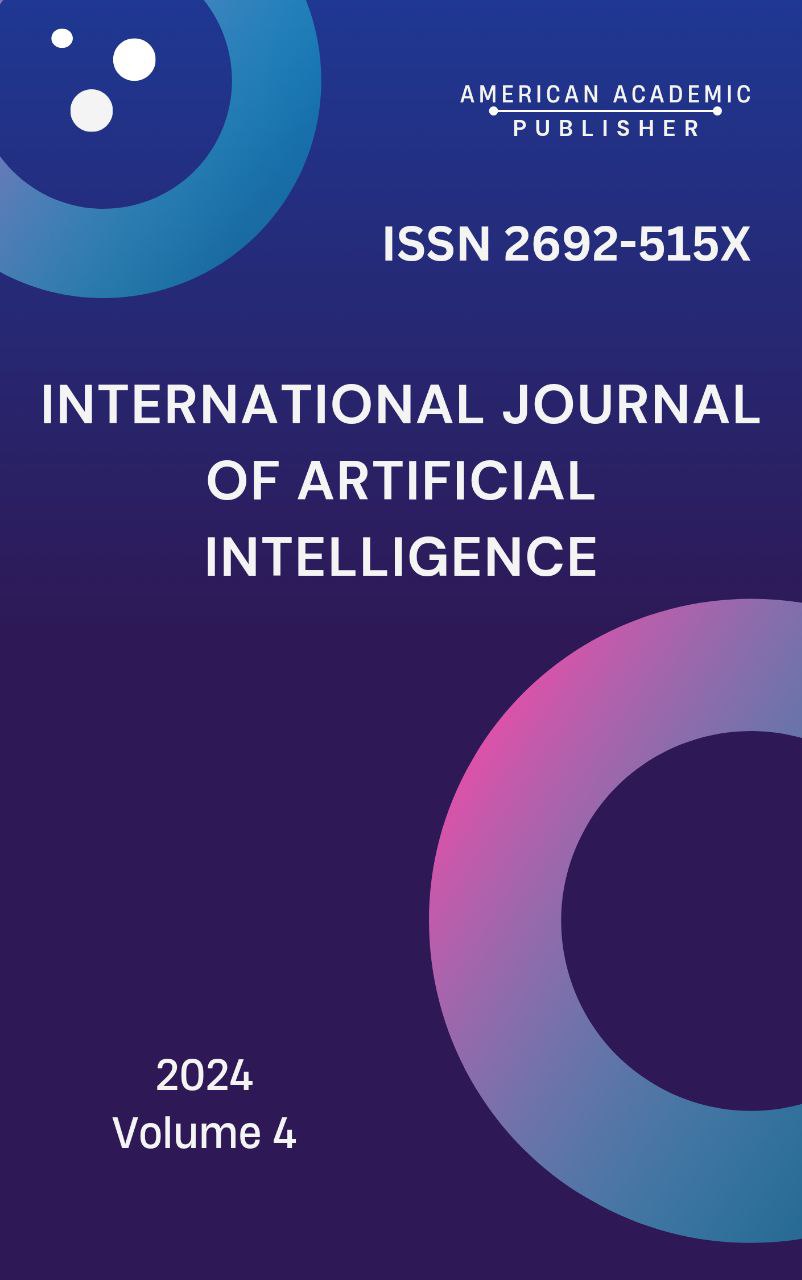 Articles
| Open Access |
Articles
| Open Access | ULTIVATING STUDENT’S INTERPRETING SKILLS
Kurbanova Dilafruz Shuxratovna , senior lecturer,Uzbekistan State World Languages UniversityAbstract
This article explores effective techniques that should be designed to cultivate students’ interpreting skills; split-attention/dual-task exercises can be helpful to develop concentration and a powerful memory, as the interpreter/translator must have a powerful memory; he/she should train it consistently through and in practice. The author discusses all the skills and techniques required for a good interpreter, particularly memory, which is the first one that should be introduced to trainee interpreters.
Keywords
interpreting skills, simultaneous interpreting, shadowing, public speaking, paraphrasing, expanding, role play
References
Davies, M.G. (2004). Multiple voices in the translation classroom: Activities task and projects. John Benjamins Publishing Company: Amsterdam.
Gile, D, 1992, Basic Theoretical Components in Interpreter and Translator Training, in Dollerup, C. and Loddegaard, A (eds), 185-194.
Kiraly, D. (2003): “From Teacher-Centred to Learning-Centred Classrooms in Translator Education: Control, Chaos or Collaboration?” in: A. Pym.
4. Fallada C.J. R.Biau & J. Orenstein, Innovation and E-Learning in Translator Training Reports on Online Symposia, p. 27-31.
Article Statistics
Downloads
Copyright License

This work is licensed under a Creative Commons Attribution 4.0 International License.

